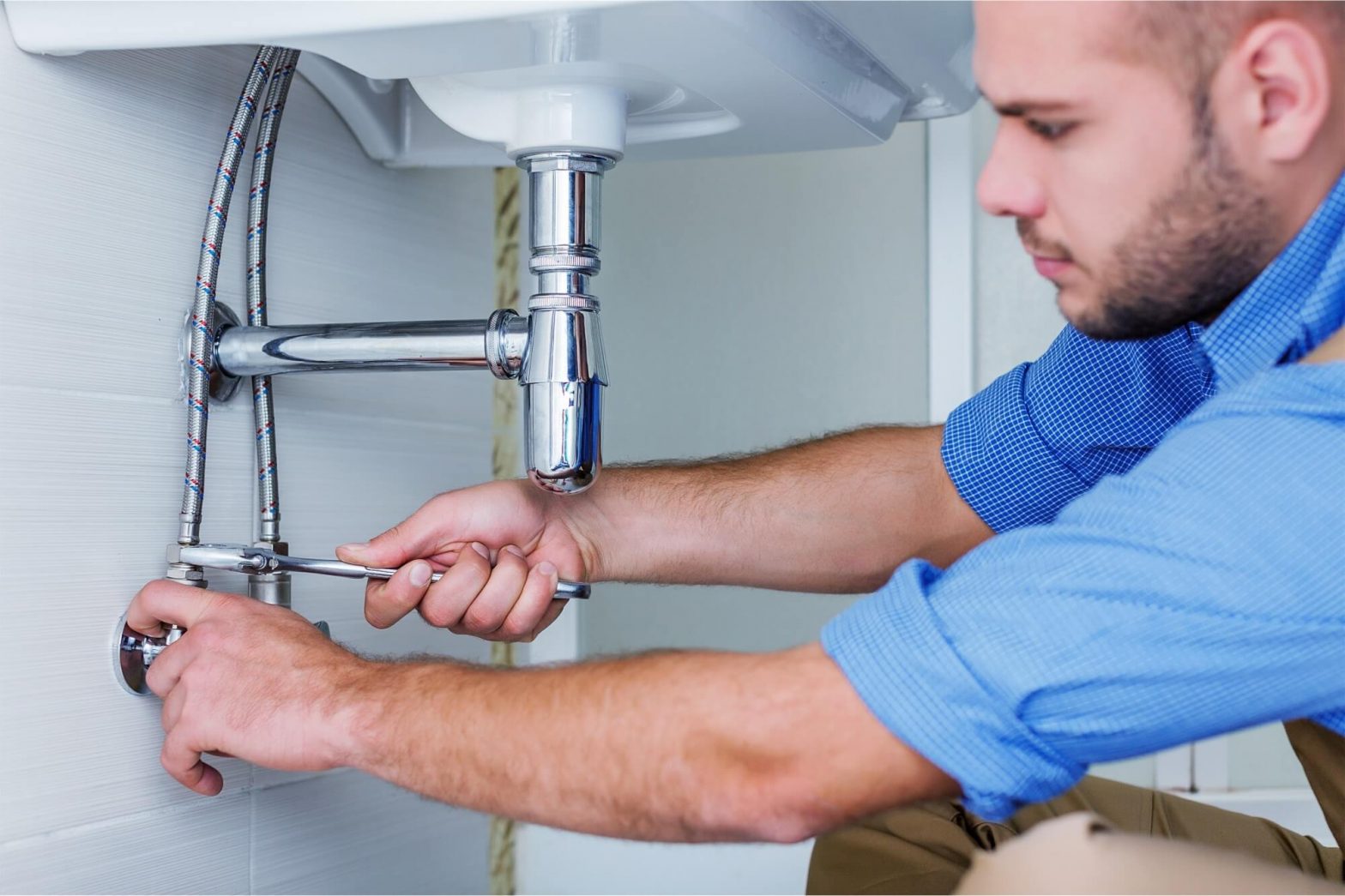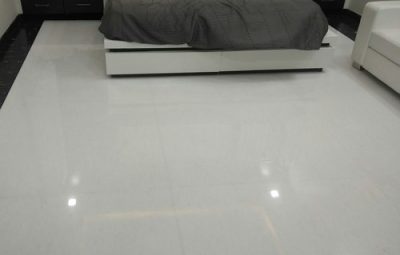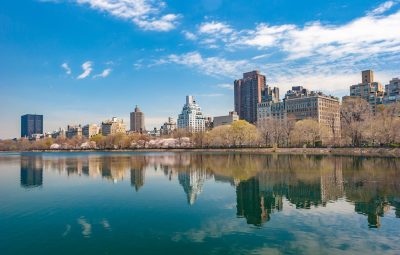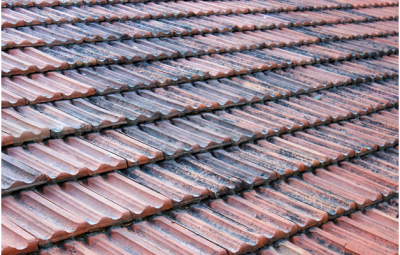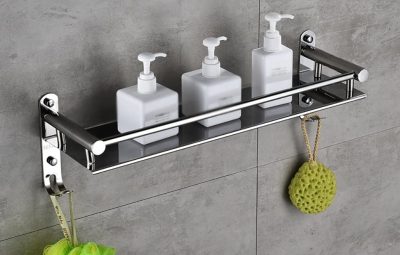Plumbing repair refers to working on plumbing fixtures, pipes and tubing. It’s an industry that’s incredibly important not only for municipal plumbing management efforts but also because it makes efficient use of scarce resources. But this is different from sewage and water systems as it’s designed to service just one facility and usually not a group of facilities. Most of the time, repair work can be prevented with simple maintenance activities like cleaning and degreasing fixtures, pipes and tubing, replacing corroded parts or introducing non-corrosive chemicals. But there are times when the damage doesn’t manifest itself until much later, especially with complicated plumbing systems.
There are many different ways you can help prevent costly plumbing repairs and the corresponding increased expenses. For example, using high quality products such as corrosion and rust-resistant stainless steel sinks, copper/stainless steel faucets and other components, as well as non-corrosive/non-toxic materials for the plumbing fixtures is always a smart move. These fixtures and components don’t easily succumb to corrosion, so it can take some time before you notice any signs of corrosion. You may be able to spot small scale corrosion on smaller areas of the plumbing pipe or fixture, or small leaks. But if you’re dealing with a larger system, you may be looking at a completely replaced water well pump or other large component.
To avoid having to go through major plumbing repairs, make sure that your property has a backup plan in case of emergency plumbing repairs. There are numerous scenarios where you can call on the services of a professional plumber, and one of these scenarios includes a broken pipe. Having an emergency plumbing repair team on hand will ensure that you get fast, reliable service without any additional expense to you.
Smaller plumbing issues can often be taken care of on your own, such as clogged drains or faucets. One way to avoid having to hire a plumber is to keep the sink, toilet, and water heaters in good working order. If you’re constantly dealing with issues with these types of fixtures, it’s likely that the components inside them are suffering from some type of damage. By simply keeping the tank full and not refilling it when it’s empty, you can prevent leaks. In addition, keeping the drain trap open and properly connected to the sewer lines can also help prevent clogs.
However, there are times when your plumber isn’t necessarily going to be able to help you out. In fact, there are several plumbing issues that involve your toilet and plumbing fixtures that simply require some advanced knowledge and expertise on your part. For example, slow drainage is one of the main causes of slow drainage pipes. This is one of the most common reasons why people have to call a plumber. One way to prevent your toilet from being slow to flush is to keep the flushing lever pulled back and away from the base of the toilet. While this might sound overly simplistic, it can go a long way towards saving you from the frustration of having to call a plumbing service.
Finally, if you have a leaking pipe behind your drywall, it might be a good idea to turn the water off at that location. It’s important to remember that plumbing services are plentiful, but they can also be quite expensive. For most home owners, hiring a plumber will end up being an affordable alternative to replacing your pipes or doing major renovations to your house. The key to avoiding the issue in the first place is to keep your plumbing properly maintained on a regular basis. You can also save money by doing simple plumbing repairs instead of waiting until a more serious plumbing problem occurs.


